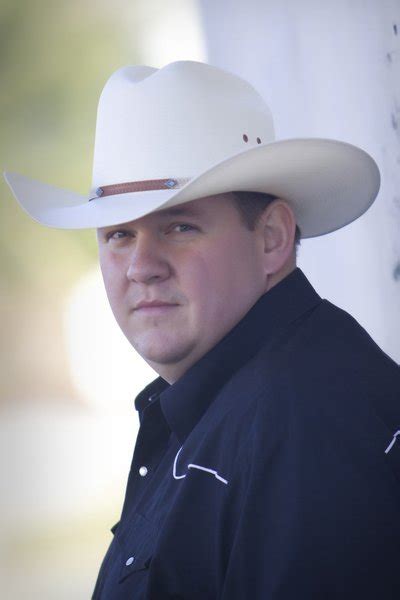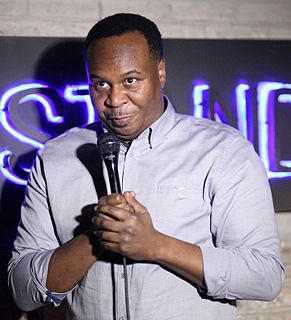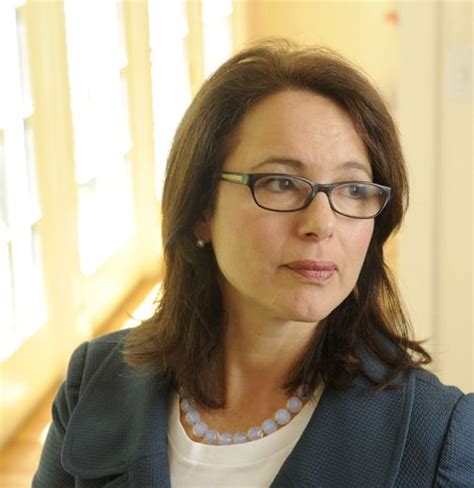A Quote by Michael Yates
Many activists don't want to hear about some grand narrative, one that could unify all of our struggles. So the major issue that needs to be addressed is how to get people to see that there is indeed a grand narrative which just happens to be true.
Related Quotes
There's some ambient music that doesn't do anything. I wouldn't say that that's narrative. It is narrative in that it creates a sort of world where nothing happens, where really nothing happens, so you become a different person after hearing eight minutes of exactly the same thing. Yes, I hear music all the time in which one idea is strung together to another idea, and I feel that such music is non-narrative.
Trump is such a unique candidate. He's incredibly polarizing. But I see the same kind of blinders on the left. There's perhaps a little less anger, but there is nothing that Hillary Clinton can do to stop most of this nation from voting for her. You do see people who are just buying into the narrative they want to hear, and they are pushing out the narrative they don't.
What I have learned about corporate capitalism, roughly, is that it is an act of theft, by and large, through which a very few live very high off the work, invention, and creativity of very many others. It is the Grand Larceny of our particular time in history, the Grand Larceny in which a future of freedom which could have followed the collapse of feudalism was stolen from under our noses by a new bunch of bosses doing the same old things
Some people's lives seem to flow in a narrative; mine had many stops and starts. That's what trauma does. It interrupts the plot. You can't process it because it doesn't fit with what came before or what comes afterward. A friend of mine, a soldier, put it this way. In most of our lives, most of the time, you have a sense of what is to come. There is a steady narrative, a feeling of "lights, camera, action" when big events are imminent. But trauma isn't like that. It just happens, and then life goes on. No one prepares you for it.
Y'know, I think, inherently, when you hear something like a teenage narrative come into play, even the idea that it's being called 'teenage' is a notion that it's being reduced to a problem that's not quite adult. That's a problematic thing to say about a narrative that could actually be dangerous, could be hurtful, could be upsetting.
For queer people, the personal is very political, just to talk about it in a public space. It's very political just to come out and take up that space and be like, 'This is my narrative. It's not an outsider narrative, and it's not a fetish narrative; it's just my story, and it's worth being told and listened to.'
I'm obsessed with this idea of storytellers and people who have a narrative, and sometimes sustain a relationship because they're telling a narrative and someone is listening to that. Often the nature of the relationship is determined by how well they tell the story, or someone else's ability to suspend disbelief, or infuse into their narrative something which they may not even be aware of.





































